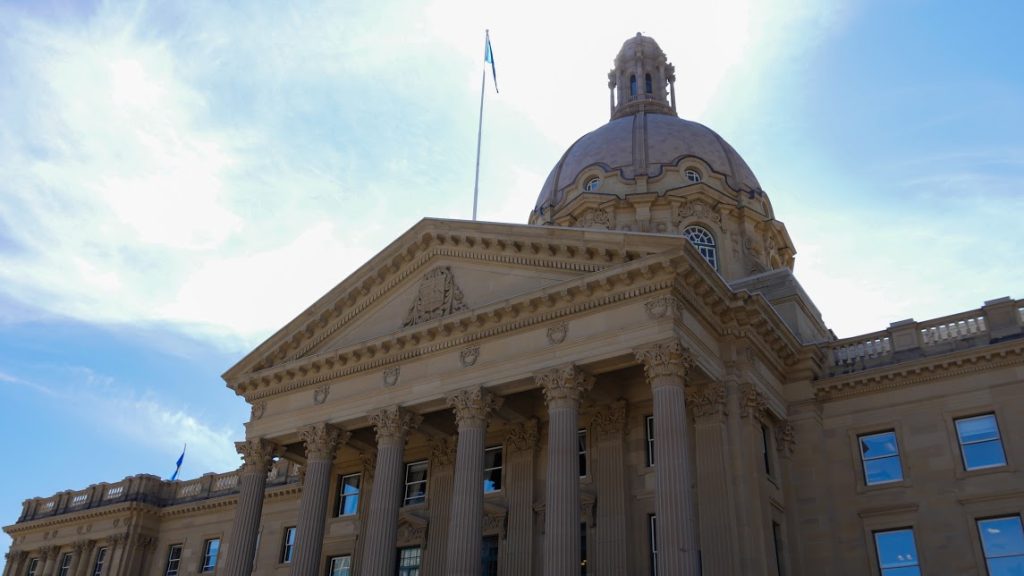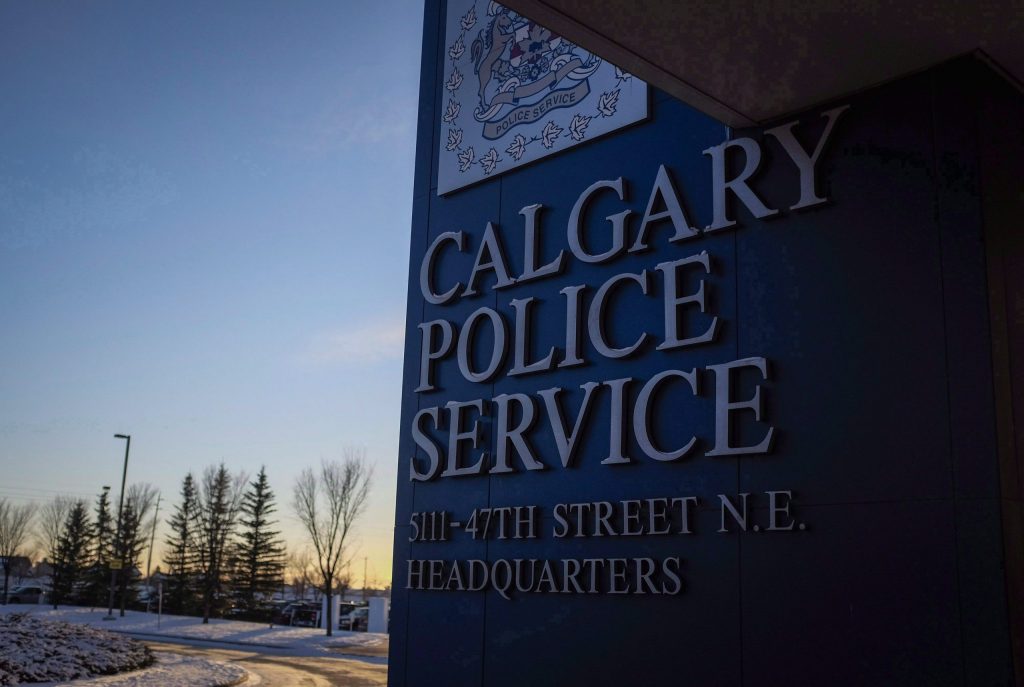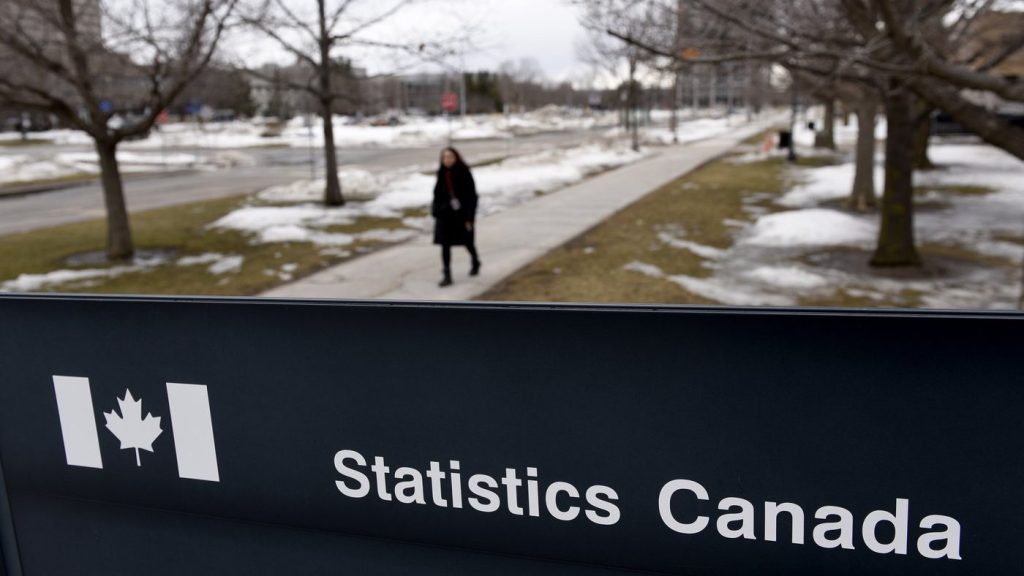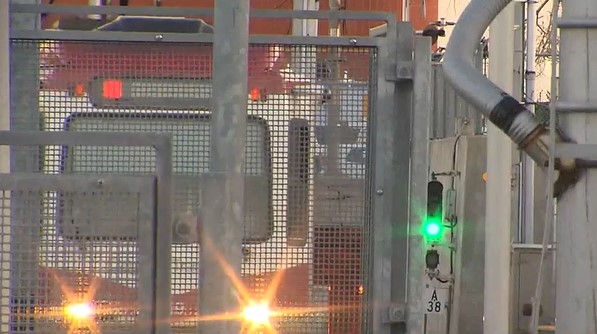Mean tweets Alberta: Online political rhetoric gets mixed reaction

Posted Jun 22, 2021 2:21 pm.
Last Updated Jun 22, 2021 2:22 pm.
CALGARY (660 NEWS) — The deterioration of civil discourse on social media has been well-documented over the past years, especially in politics.
This is true right here in Alberta, where arguments between elected officials have gone beyond the halls of the legislature and into the Twitter mentions.
Recent examples from only the past few days rose eyebrows, including one tweet from the account of NDP leader Rachel Notley as she lambasted Premier Jason Kenney over some recent inconsistent statements such as his position on the so-called niqab ban.
I’ve never seen a politician who lies like Jason Kenney.
He doesn’t even seem fazed by it.
Albertans aren’t stupid, they see right through it. This Premier has lost their trust. #ableg pic.twitter.com/7KHPugmLYh
— Rachel Notley (@RachelNotley) June 20, 2021
“He’s a lying liar who lies,” said the tweet, which has garnered hundreds of retweets and over a thousand likes.
Venturing into the replies and quote retweets from the post shows the reaction to this statement is mixed at best, with many people also finding it juvenile.
United Conservative Party staffers and MLAs couldn’t resist responding as well, including one high-ranking staff member calling Notley and the NDP “hobgoblins” and Justice Minister Kaycee Madu attacking the opposition with a grammatically incorrect post.
https://twitter.com/Brogersca/status/1406738414888652802
I have never seen a fake, phoney, and deceptive politician in Alberta’s history than you – Rachel Notely. Luckily, Albertans are smarter and will never allow you and the NDP to destroy our province again. We have not recovered from your accidental and disastrous government. https://t.co/y6rxd9PoaG
— Kaycee Madu, KC, ECA (@KayceeMaduYEG) June 20, 2021
“I have never seen a fake, phoney, and deceptive politician in Alberta’s history than you – Rachel Notely (sic),” read the tweet from Madu, where he also returned to an election-era talking point by calling the NDP an “accidental” government.
Also, over the weekend, a tweet from Blaise Boehmer — who has worked in several departments within the UCP government, including Madu’s press secretary — took aim at economist Trevor Tombe and alleged the federal government pays him to say bad things about the province.
This drew lots of ire, and Minister of Jobs, Economy and Innovation Doug Schweitzer said Tuesday that there would be an apology.
He'll be taking the Tweets down and apologizing to @trevortombe.
— Doug Schweitzer (@doug_schweitzer) June 22, 2021
While sometimes there is this type of damage control after inflammatory posts, an expert says this sort of online rhetoric won’t do a lot to entice voters as the next election is less than two years away.
“None of this is helpful,” said Mount Royal University political scientist Lori Williams. “Tweets that inform people or raise questions about integrity are entirely legitimate, but name-calling doesn’t draw the vast majority of voters.”
Williams said this has been a regular thing since the 2019 election, highlighted by the UCP’s widespread adoption of so-called “issues managers” who spend a lot of time on social media.
“There have been staffers whose job appears to be attacking people online,” Williams said, recalling the reaction to the “sky palace” photo where Premier Kenney and several ministers were gathered together on a balcony on top of the Federal Building in Edmonton, seemingly in contravention to the government’s very own COVID-19 restrictions.
She said when the photo emerged, these staffers spent time trying to convince others that nothing was wrong, and then the statements were walked back only days later when Kenney admitted better judgement should have been used.
Given that these sorts of posts are coming from both major parties in the province, Williams said it’s potentially a bad omen and could provide openings for a third party.
“This makes the UCP look bad, it makes the NDP look bad, and for those voters who are on the fence, this is enough to turn them to look for other parties besides either one of them,” she said. “There’s an opportunity here for parties to present not only a credible alternative to this kind of rhetoric but a credible alternative in terms of policies. In the long run, the most effective opposition isn’t just about saying what’s wrong with the government, but suggesting what they would do differently, what their vision for the future is, what policies they have to offer to voters.”
Some other parties could capitalize on this right now, added Williams, most notably the Wildrose Independence Party or the Alberta Party and Liberal Party.
Williams said policy needs to be the main focus here, especially after a devastating pandemic uprooted so many lives and sowed distrust in both the government and the opposition. While the most vocal cheerleaders for the parties may applaud these sorts of posts, a focus needs to be turned on welcoming in new voters.
“There are some people who obviously are attracted by these sort of fights, they like to see their leaders and their team fighting for what it is that they think is important, but I think the majority of voters don’t like the negativity.
“I really hope that incidents like these inspire leaders and parties to focus more on what really matters to voters.”








